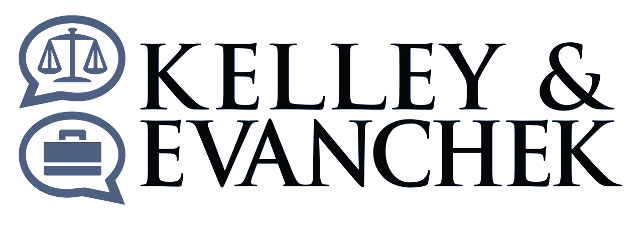What is a Trust?
A trust is document that outlines the details that the settlor (also known as the trustor or grantor) wants to be followed for their property held in the trust upon their death. It is an estate planning tool similar to a will, but it does not have to go through probate.
A legal entity designed to hold, manage and distribute assets after death, a trust is intended to detail how property is to be administered to the settlor’s beneficiary (or beneficiaries).
Why Create a Trust?
There are many different reasons why people choose to create a trust instead of a will, including:
- Reduce Estate Tax Liability
- Protect Property in Estate
- Avoid Probate
Trusts do not have to go through probate, although they can be challenged in Probate Court just like a will.
Protect Beneficiary with a Trust
Some people create trusts in order to protect their best interests for their property after death, and also to protect their beneficiaries. Examples of this type of situation include:
- Married couples that create a trust to preserve their assets for surviving spouse
- Parents creating a trust to benefit their children (or other beneficiaries)
- Ensuring that a special needs child (or other family member) is properly cared for
- For the care of pets
- To ensure that assets go to charity after death
A trust and its rules to follow will continue until assets have been depleted, or as otherwise indicated in the specifications of the trust.
Requirements of a Trust
There are four basic requirements of all trusts:
- There must be a creator – called the settlor (grantor/trustor)
- Assets must be placed in the trust (corpus)
- A trustee must be appointed to manage assets in the trust
- There must be a beneficiary (or beneficiaries)
All assets placed in the trust are owned by the trust, and not the settlor.
As of April 1st, 2010, the laws for trusts in Michigan have changed. These laws apply even to Michigan trusts created before that date.
For legal help regarding your trust – whether it was created before or after April 1st, 2010 – or any questions you may have, contact our experienced estate planning attorneys online or call today at (734) 397-4540.
